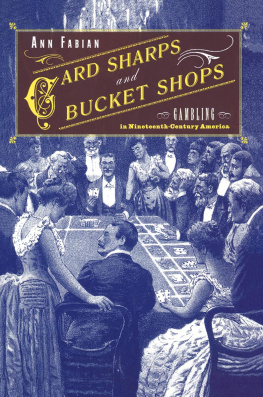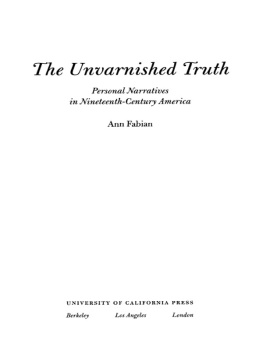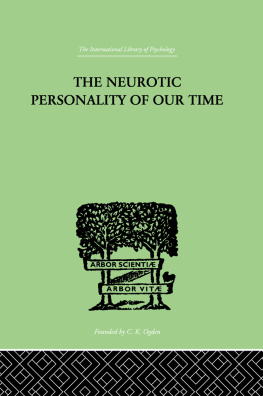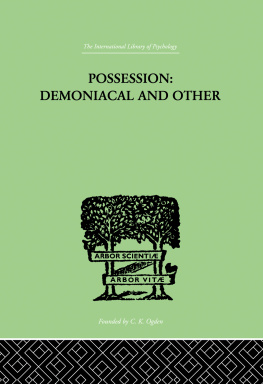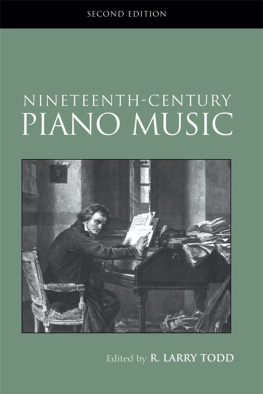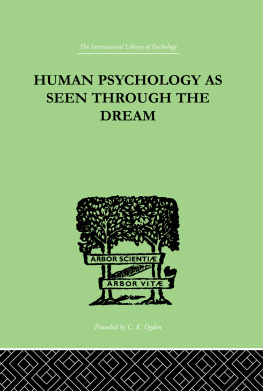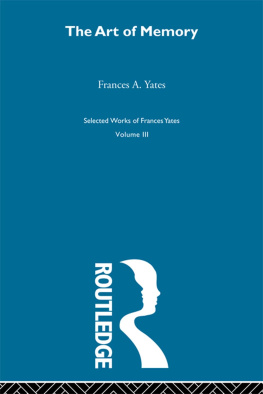Ann Fabians probes into the underside of nineteenth-century capitalism are rich with insight and illumination. Her book shows us the American work ethic turned inside out.
Daniel T. Rogers, author of The Work Ethic in Industrial America, 18501920
Ann Fabians mixture of fascinating material, lively prose, and penetrating analysis makes Card Sharps and Bucket Shops not merely terrific, but an essential, read for those of us who would understand the cultural history of nineteenth-century America.
Shane White, co-author of Stylin: African American Expressive Culture from Its Beginnings to the Zoot Suit
Ann Fabian places gambling at the heart of American thinking about money, value and the self. With humor and a keen eye for nuance, Fabian forces us to recognize how economic behavior can never be understood except in the context of the culture that contains it.
Michael OMalley, Professor of History, George Mason University
a subtle and sophisticated history of gambling as ideology, metaphor, and fiction. Part cultural criticism, part a history of economic thought a challenging work that deserves the attention of all scholars of nineteenth-century American thought.
Louis P. Masur, City University of New York, in Reviews in American History
Ann Fabian received her Ph.D. in American Studies from Yale University. She has taught at Yale and Columbia, and is currently on the faculty of the Graduate Center at the City University of New York. She is the author of Plain Unvarnished Truth: Personal Narratives in Nineteenth-Century America.


For Isabelle, Andrew, & Chris
First published 1999 by
Routledge
Published 2013 by Routledge
2 Park Square, Milton Park, Abingdon, Oxon OX14 4RN
711 Third Avenue, New York, NY, 10017, USA
Routledge is an imprint of the Taylor & Francis Group, an informa business
Copyright 1999 by Routledge.
All rights reserved. No part of this book may be reprinted or reproduced or utilized in any form or by any electronic, mechanical, or other means, now known or hereafter invented, including photocopying and recording or in any information storage or retrieval system, without permission in writing from the publishers.
Library of Congress Cataloging-in-Publication Data
Fabian, Ann Vincent.
Card sharps and bucket shops : gambling in nineteenth-century America / Ann Fabian.
p. cm.
Includes bibliographical references and index.
1. GamblingSocial aspectsUnited StatesHistory19th century. I. Fabian, Ann Vincent. Card sharps, dream books, & bucket shops. II. Title. III. Title:
Gambling in 19th-century America.
HV6715.F33 1999
363.42097309034dc21
98-52854
CIP
ISBN 13: 978-0-415-92357-6 (pbk)
Contents
Y ears ago, my older brother tried to convince me that whenever he and his friends played penny-ante poker, a police raid was in the offing. You know, my brother would say, in Gardena poker is legal. Here, in Pasadena, it isnt. So with images from The Untouchables running in my head, I stood guard, a gullible but vigilant six-year-old, ready to warn the twelve-year-old boys before the lawmen broke down the door and carted them off. Im sure my brother just wanted to get rid of a pesty little sister, but he was right about Gardena.
In the 1950s, Gardena was one of many rapidly expanding suburbs of Los Angeles. But Gardena was also different: it had legal card parlors. Town fathers and good citizens must have decided that gambling could make money. As a child, I liked being driven through Gardena; the card parlorswell advertised with window placardsgave it a mysterious and sinister air. By the public presence of poker parlors, you knew when you were in Gardena, but by their absence you also knew when you had left. Such distinction was no small thing in suburban sprawl.
One would be hard pressed today to navigate by gambling. In this last quarter of the twentieth century, all but thirteen states have legalized lotteries and all but twoHawaii and Utahhave some form of gambling. Casino gambling has brought money to strapped municipalities and struggling reservations. When I began to work on this book in the 1980s, I was not thinking about the wild growth of the gaming industry. I was trying to figure out what nineteenth-century Americans thought about gambling and to explore the ways their discussions of gambling could help us understand their views on money, morals, profits, and the rational pursuit of wealth. How, I wondered, did strict prohibition on gambling come to replace an easy tolerance for lotteries and games of chance?
Research suggested that as the century progressed more and more middle-class moralists came to see gambling as antithetical to all they valued in hard work and measured consumption. Gambling threatened to unleash dangerous passions, tempting the young, the poor, and the vulnerable to wager money they could ill afford to lose. Respectable businessmen might speculate, they might pocket profits without hard work, but they did not gamble. Or so they said. The moralists tale, however, was not the only story being told. Others celebrated gambling, cherishing the exhilaration of risk and flirting with a world governed more by chance and luck than by rational calculation.
It is hardly surprising that twentieth-century Americans, at ease with so many forms of entertainment, would accept gaming as one of their pleasures. Families travel to Foxwoods or descend on Las Vegas. Elderly Brooklynites board buses bound for Atlantic City determined to spend a day of good fun at the casino. Decaying industrial cities envision downtowns revitalized by casinos. Small tribes come back as major players in the gaming industry. States desperate for the revenues once produced by taxes fill coffers with profits from the sale of lottery tickets.
Sometimes old cultural doubts about gambling resurface amid the atmosphere of easy tolerance. Ambivalence about gambling is perhaps easiest to see in the imaginary quarantine meant to isolate casinos from everyday life. Pretending that there is still a difference between Pasadena and Gardena, we force patrons onto river boats that do not move, into decaying resort towns, onto Indian reservations, into rebuilt ghost towns, or most famously, across a desert and into a city of exceptional fantasy. And we pretend that certain moral distinctions still apply. Lottery winners routinely tell reporters that, even with their millions, they will report to work in the morning. When the stock market tumbles, when hedge funds go bust, it is because investors fell prey to the lures of gambling. College athletes bet on their games, prompting the NCAA to suspend college sports programs. Pete Rose cools his heels outside the Hall of Fame. Casino promoters acknowledge that cases of compulsive gambling are on the rise, and Gamblers Anonymous opens new chapters. Critics recognize that casinos produce only low-paying service jobs and worry that those who scrap taxes in favor of the lottery shift the burden of supporting public services to those who can least afford it.
Even though it is possible now to gamble pretty much wherever and whenever we chose, we still do not always agree on whether gambling is good or bad, beneficial or harmful. Perhaps the nineteenth-century Americansthe reformed gamblers who gave up play to live off their knowledge of vice, the African American policy players who found long odds on a lucky number less futile than dead-end jobs, the farmers who saw commodities speculators as gambling devilswill help us better understand just what is at stake.



